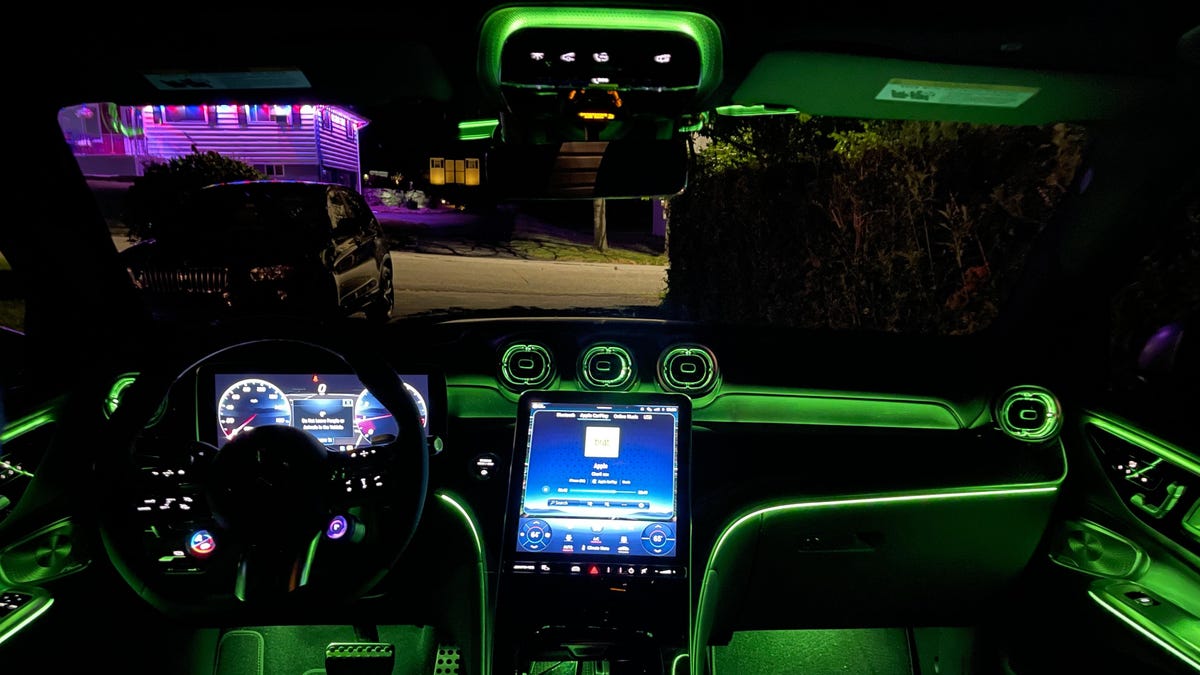It turns out that more technology in cars isn’t necessarily something customers want, and it’s not really improving their driving experience. We know my thoughts on the matter, but I’ll do my best to stay impartial on this latest survey from JD Power that shows most customers don’t appreciate technology in cars unless they can see a clear benefit to them.
JD Power’s 2024 U.S. Tech Experience Index Study evaluated over 81,000 drivers’ experience with “advanced vehicle technologies” in 2024 model year vehicles after 90 days of ownership, It turned out to be a pretty mixed bag when it came to what people liked using. There are a number of tech features that customers like using because they feels that it answers their needs, but at the same time there is a whole lot that don’t get used very often or are continually annoying, according to the survey.
…



Can you explain a scenario where that would be necessary? Given that adaptive cruise slows you down below your target speed to follow traffic all I can see that doing is either nothing on an open road, or accelerating you into the vehicle in front of you.
I use it all the time on the highway.
That doesn’t explain anything. I’ll be more clear.
Can you explain why it would be necessary to suddenly need to turn off adaptive cruise and switch to fixed speed cruise?
Sure. When I set the cruise, it is because I would like to go a certain speed. I’ll pass if I need to. Setting the cruise to 70 and then realizing you’re traveling 65 behind someone on the highway is annoying. Furthermore, it reduces fuel economy gaining back the speed that got scrubbed off. Additionally, I prefer to be a consistent driver. Varying speeds while the cruise is set seems counterintuitive at times when the traffic is light.
Surely you notice that you’re coming up on someone and can switch to the left lane before you’re close enough that the adaptive cruise starts slowing you down though? It kind of sounds like you just don’t want adaptive cruise at all, since you want to turn it off any time it “adapts”.
You made it! That’s the point. They are 2 different tools for 2 different situations. One sets a constant speed. The other follows the flow of traffic. Glad I could clear that up for you. I’ll continue to use both.
Okay. But why are you turning on adaptive cruise in the first place if you don’t want it at all on the highway? You say you want to switch it “quickly and easily”, but it’s not like you just wind up on multilane highways without warning.
I don’t have adaptive cruise so the way I’m reading what he is saying basically :
Use adaptive cruise in heavier traffic situations where lane changes arent as easy.
Use standard cruise control when the passing lane(s) are clear(er) so they can pass at their cruise speed at leisure without either having to speed up or hold up traffic behind them to perform the pass.
This works fine with adaptive cruise, just change lanes before you reach the adaptive follow distance.